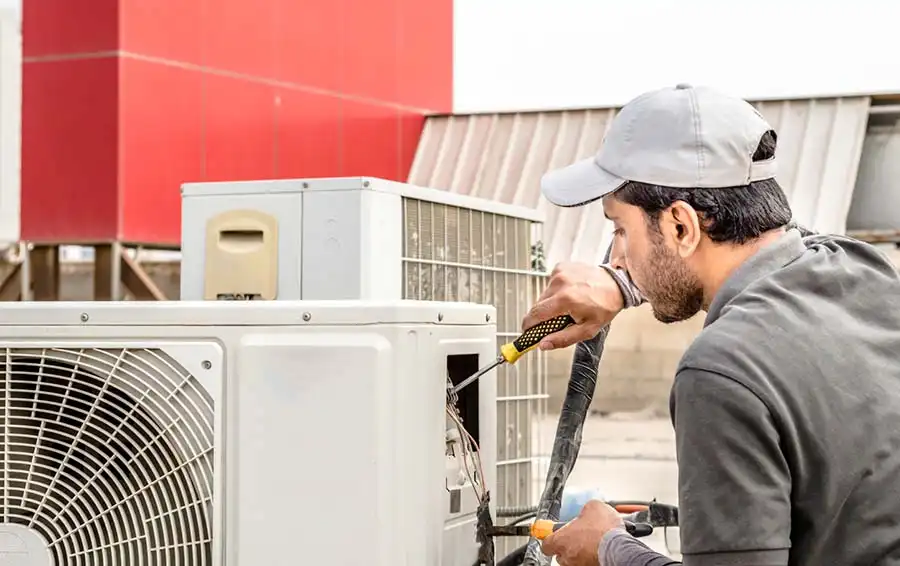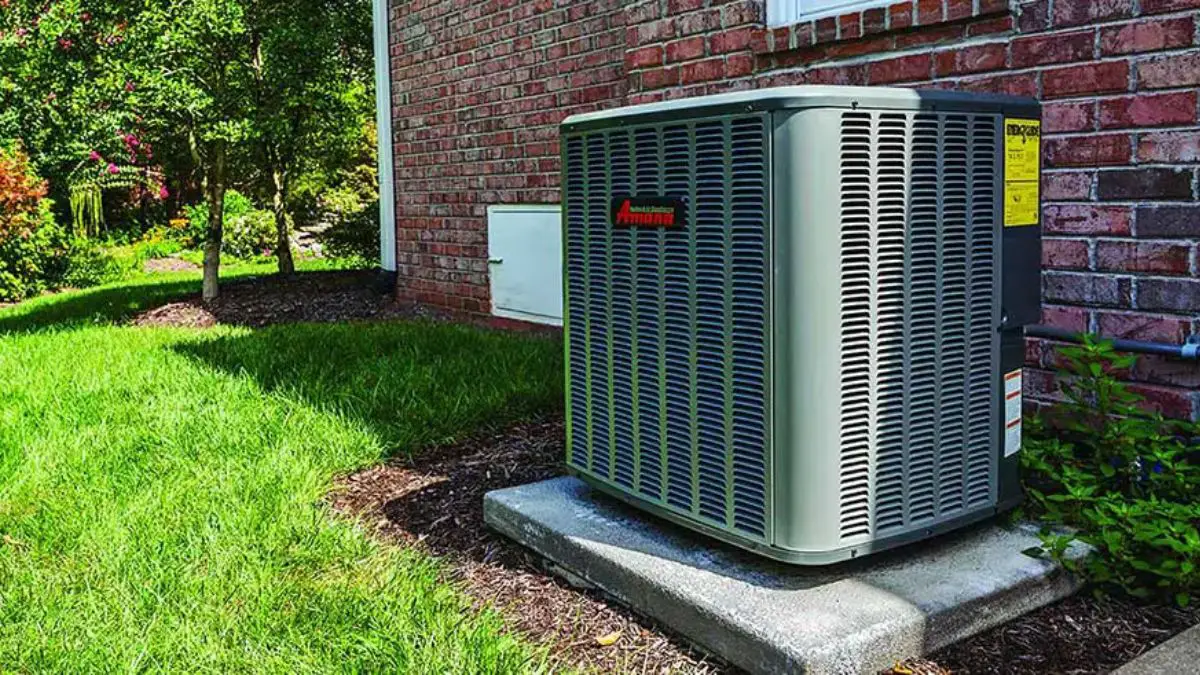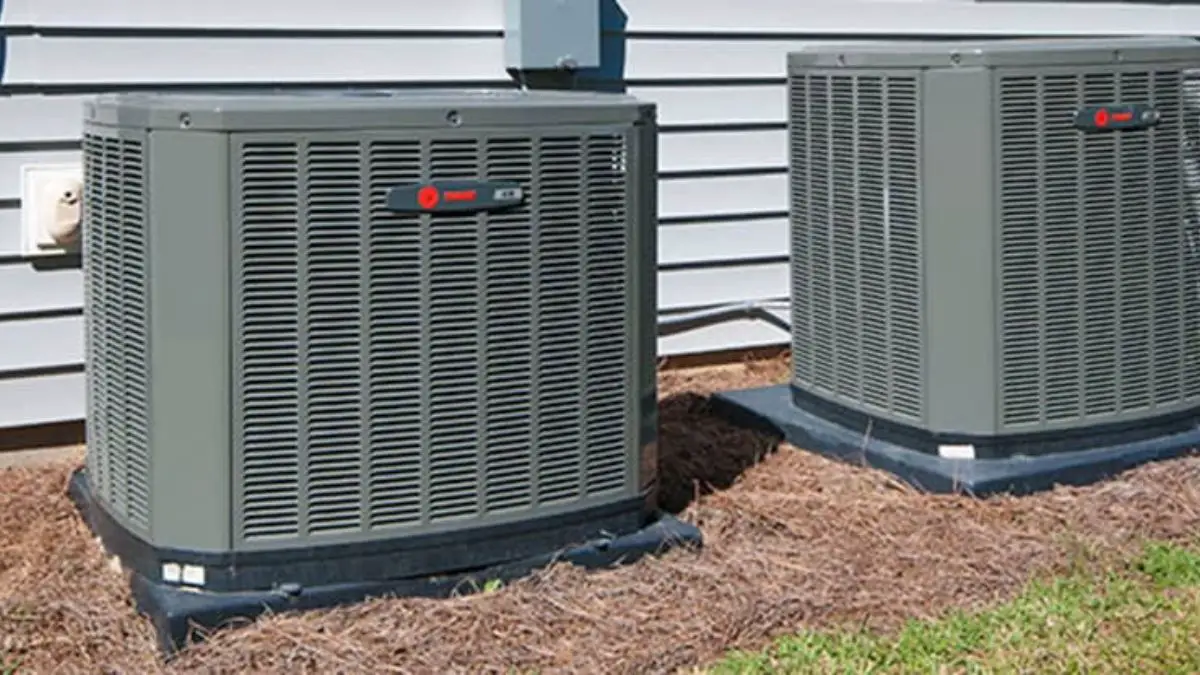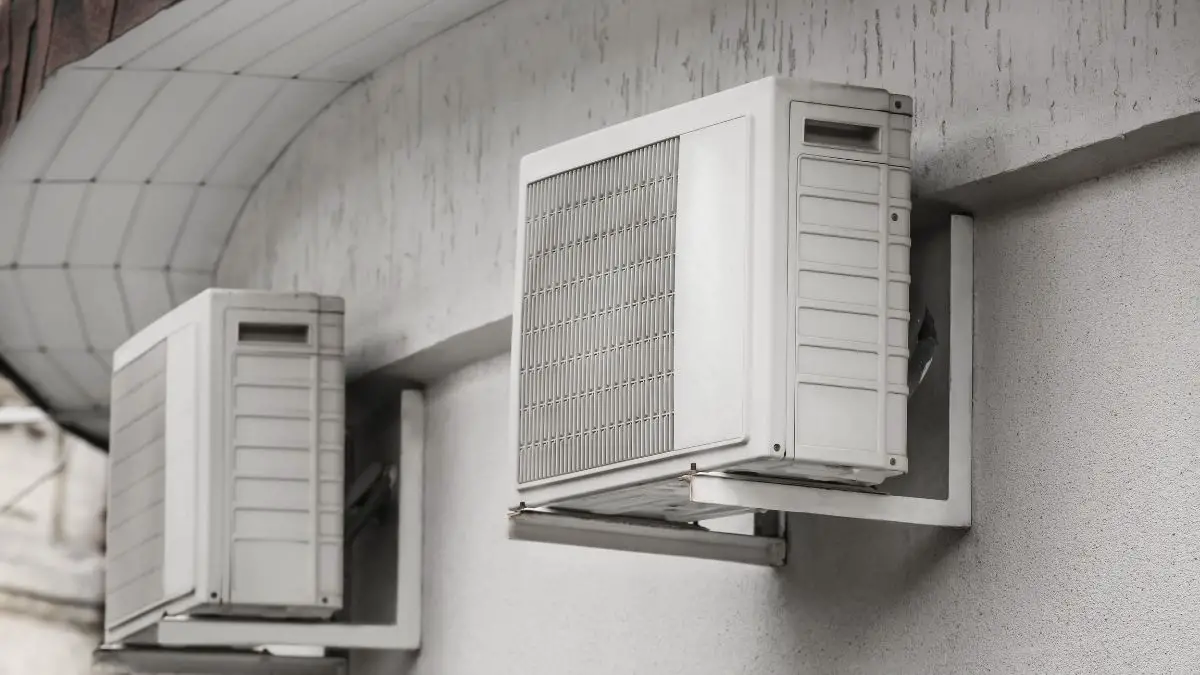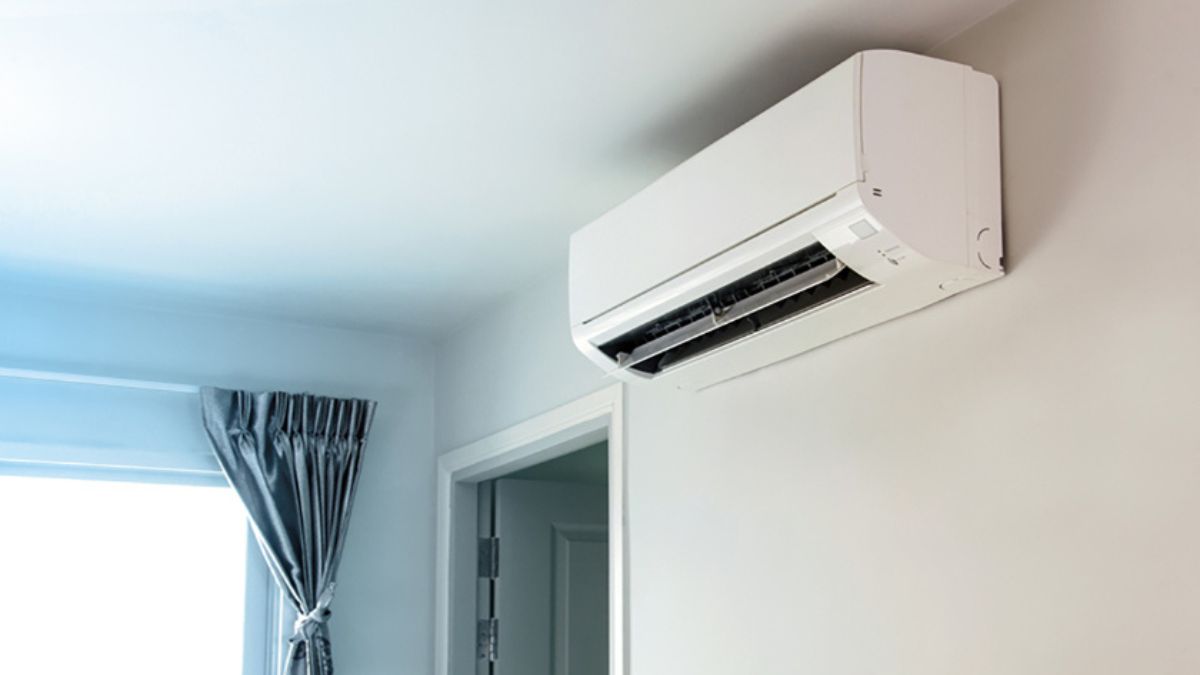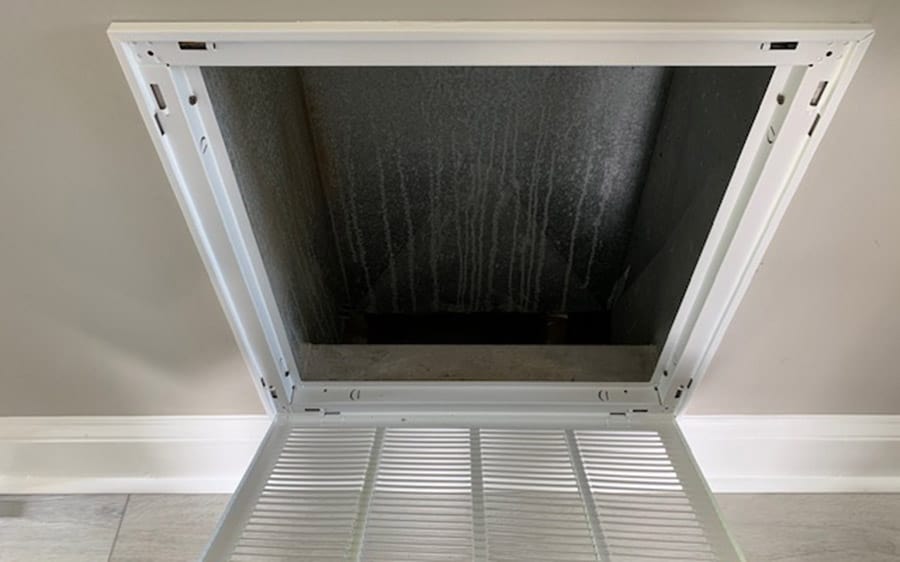
Air filters or not something that you think about daily. However, they are essential to your overall indoor air quality and the health of your heat pump system.
Air filters are an essential part of your heat pump system. The air filter helps clean indoor air by removing airborne contaminants and allergens. The air filter also serves as protective equipment that protects the evaporator coil inside the heat pump from becoming dirty, which can cause long-term damage to the heat pump.
Get FREE quotes from licensed HVAC contractors in your area today. Whether you need a new install, service, or basic repair We Can Help! All HVAC contractors are screened, licensed, and insured.
If you run your heat pump system without an air filter, dust, dirt, and other debris will collect on the evaporator coil inside the heat pump. During the heat pump operation, condensation develops on the evaporator coil. This condensation is part of the heat exchange process and has to drain away from the heat pump.
If your evaporator coil is dirty, this dirt and debris get trapped in the condensation and can clog your discharge pipe. If the discharge pipe becomes clogged, condensation can not flow properly and could back up, causing your heat pump to stop working, or worse could cause water damage to your home.
Now that you know that you need an air filter, let’s examine why return air vents need filters, what type of filter you need, and if every room needs a return vent.
If you’ve ever thought, I’ll just run my heat pump without an air filter, don’t. You can do actual harm to your heat pump. See our article Can You Run a Heat Pump Without an Air Filter?
Which Vent is the Return Vent
The return air vent will be near your home’s thermostat in most heat pump setups. The thermostat should be near the center of the house to help balance the temperature.
In some older homes, the return air vent could be on the wall, ceiling, or floor. The return air vent is generally much larger than the supply vents in your floor ceiling. This is because you usually only have one return air vent per thermostat.
If you have a multi-zone system, you have one heat pump controlled by two thermostats. The two thermostat control damper doors that open and close inside the ductwork. In a multi-zone system, you’ll have two thermostats (or more) with an air return vent for each thermostat.
If you are still unsure as to which vet is your return vent, there is a simple task you can do to help you make that determination. It’s called the tissue test. With the heat pump on, use a piece of tissue and place it up next to the vent. The tissue will blow away from a supply vent and draws towards a return vent.
Why is the Return Air Vent Near the Thermostat
The return air vent can usually be within 10 feet of the thermostat. The return air vent is located near the thermostat so that the air drawing into the heat pump system closely matches the temperature displayed on the thermostat.
The thermostat reads the ambient temperature of the space. The thermostat directs the performance of the heat pump. Heat pumps generally look to obtain a 15-20 degree temperature differential. The return drawing into the heat pump must match the ambient temperature for proper operation.
The return air vent comes in various shapes and sizes, but most are bigger than the supply air registers. The size of your return air vent directly correlates to how much return air your heat pump needs. Here are some standard sizes for return air vents:
What Type of Air Filter Do I Need
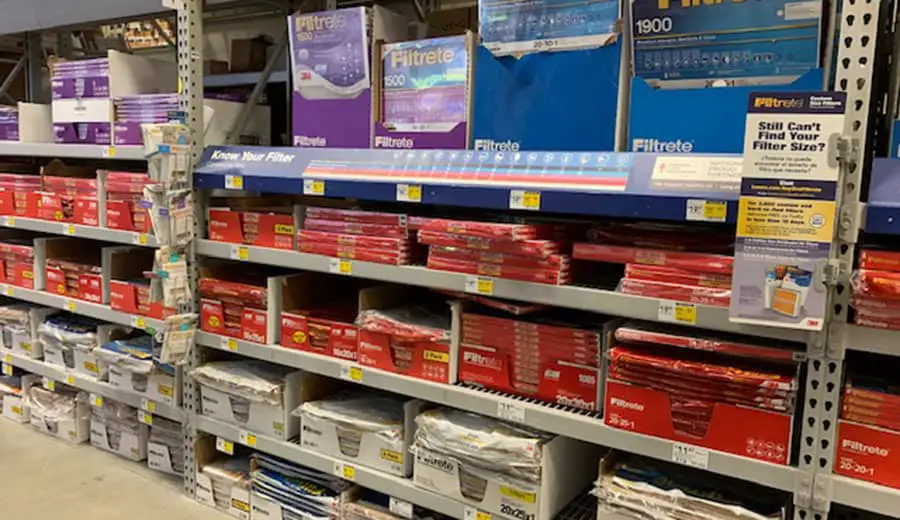
The MERV rating on air filters stands for Minimal Efficiency Reporting Value. The MERV rating starts at 1, which is low efficiency, up to 16 for high efficiency. Most air filters will have a MERV rating printed on their packaging. If no rating is present, it’s a low-efficiency air filter.
Air filters with a MERV rating of 13-16 are high-efficiency air filters unsuitable for some standard heat pumps. Air filters with a Merv rating of 8-12 are a great choice because they are suitable for most heat pumps and will do a great job capturing a wide array of airborne contaminants.
Here are the four common types of air filters. They are:
- Disposable flat fiberglass: these air filters typically have a MERV rating of 4 or less. They are inexpensive, and you replace them every 30 days.
- Disposable pleated filters: Pleated air filters are available in various MERV ratings from 4-12. These filters will typically vary based on the MERV rating and how many contaminants the air filter will capture. These air filters last 30 to 90 days.
- Electrostatic filters: electrostatic air filters are interesting because they can be either disposable or permanent. Permanent electrostatic air filters are washable and can last up to eight years. Electrostatic air filters static electricity that charges the material, causing air contaminants to stick to the fibers. Disposable pleated filters are also electrostatic.
- High-efficiency pleated air (HEPA) filters: HEPA filters are thicker than the air filters installed at the air return. These are found inside the ductwork. Since these air filters are somewhat harder to maintain, we recommend you seek professional heat pump maintenance.
Does Every Room Need a Return Vent
No, every room does not need to return vent. In most modern homes, you would only have one return air vent. In some older homes, it is common to have a return air vent and a supply air vent in each room.
If you own an older home with return air vents in each room, you likely have a central location where the air filter is closer to the heat pump system. Most heat pump systems (particularly split systems) will have a filter slot at the end where the air return duct connects to the air handler for the air filter.
For more information on changing your air filter, see our article How to Locate & Replace Your Heat Pump Filter: Step-by-Step Guide. This step-by-step guide will help you locate and change your air filter quickly.
Can I Block the Return Vent?
Most people find the return air vent to be unattractive and will ask if they hide the return air vent with furniture or a picture. No, The return air vent is essential to your heat pump system. If you block the return air vent, it can prevent your heat pump system from working correctly. The heat pump system needs the return air to blow air through the vents.
The way a heat pump works, the blower fan turns on and draws air through the return across the evaporator coil and then out the supply ducts. Without the return air flowing freely, you will have little to no airflow from your vents. If your heat pump works harder, it can cause mechanical failure over time.
If the return air vent is unattractive, you can purchase decorative grills that can improve the appearance without obstructing airflow through the return air vent.
In Closing
Maintaining your air filter and return air vent will go a long way to making your heat pump last for many years. Heat pumps that have been kept clean and well maintained can last up to 20 years or more.
The heat pump system is one of your home’s most expensive mechanical components. It’s also a system you don’t want to fail when you need it most. It only makes sense to ensure that your heat pump system is maintained and running smoothly.
If you need, set a monthly reminder on your phone to alert you when to check and change your air filters. Purchase several air filters and keep them on hand so that when it’s time to replace it, you can do so in an instance.
Get FREE quotes from licensed HVAC contractors in your area today. Whether you need a new install, service, or basic repair We Can Help! All HVAC contractors are screened, licensed, and insured.


